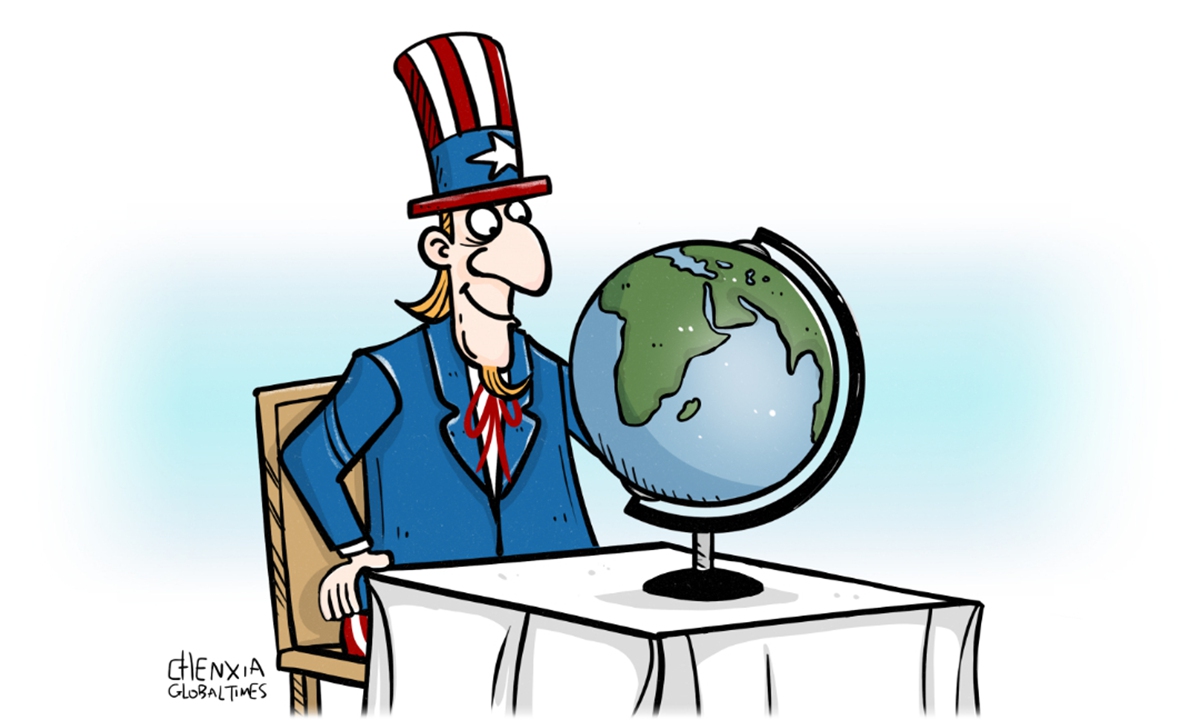
Illustration: Chen Xia/GT
In his nearly four years in office, US President Joe Biden will finally set foot on the African continent ahead of the November presidential election as his presidency approaches its conclusion. While the White House is keen to portray Biden's trip to Angola as fulfillment of "a commitment" to go to Africa, analysts view it as symbolic, saying that it once again exposes US' lack of regard for the continent's call for development and it is merely focused on vying for US influence against China.
Biden will travel to Luanda, Angola, from October 13 to 15 after spending three days in Germany. This will mark his first trip to an African country as president and the first visit to the continent by a sitting US president since 2015, according to media reports.
On Monday, while answering a question why Biden's trip to Angola needs to be in October, not in December or January before he leaves office, White House spokesperson Karine Jean-Pierre said that "there's not a lot of time… the president had made a commitment and a promise to go to Africa, to continue to show his commitment to that relationship." In December 2022, Biden held a summit with African leaders in Washington, DC and promised to visit the continent.
Biden has chosen to visit Angola less than a month before the US presidential election to address criticism about his lack of attention to Africa during his presidency, aiming to bolster support for the Democratic Party. Moreover, the US values Angola's geopolitical significance, regional influence and its rich oil and mineral resources, Song Wei, a professor at the School of International Relations and Diplomacy at Beijing Foreign Studies University, told the Global Times on Tuesday.
Biden's trip to Angola has garnered media attention, with some Western outlets reporting that it aims to strengthen ties with Africa and counter the growing influence of China and Russia in the continent.
Song said that as Biden approaches the end of his presidency, he is finally acknowledging his "commitment" to Africa, yet this last-ditch visit cannot change US' consistent arrogance toward the continent.
"The trip is more symbolic than it is capable of bringing any concrete benefits to Africa's development," Song said, noting that African countries are well aware that their core development needs are rarely a priority for the US, which only offers empty promises when vying for influence against Russia and China.




